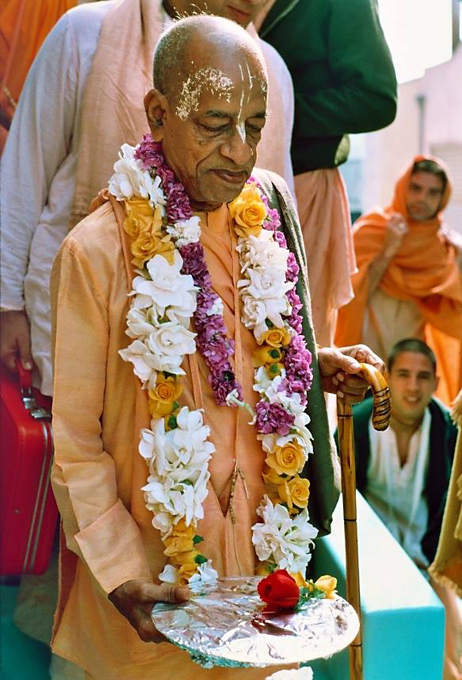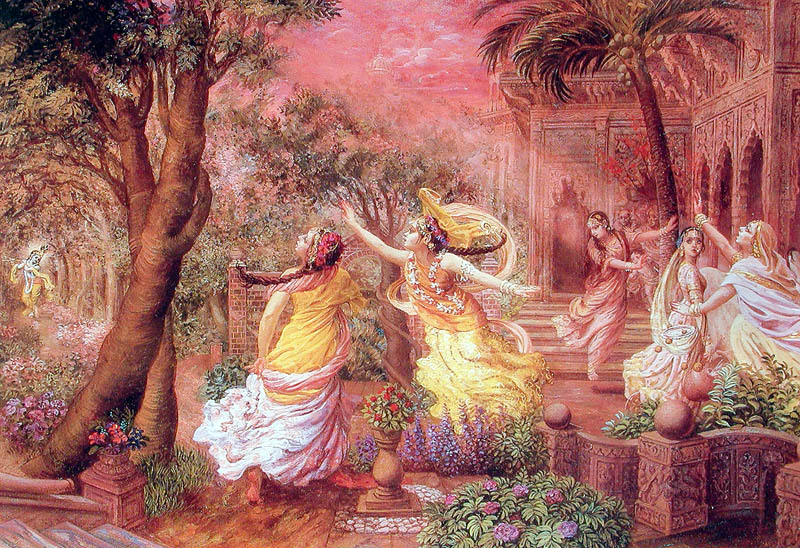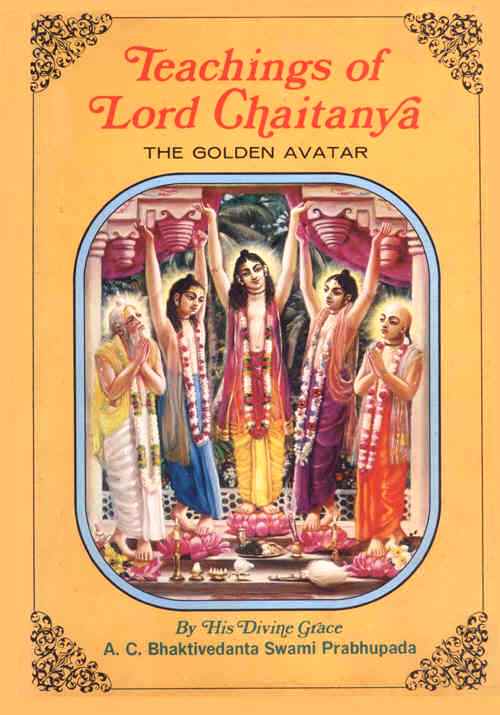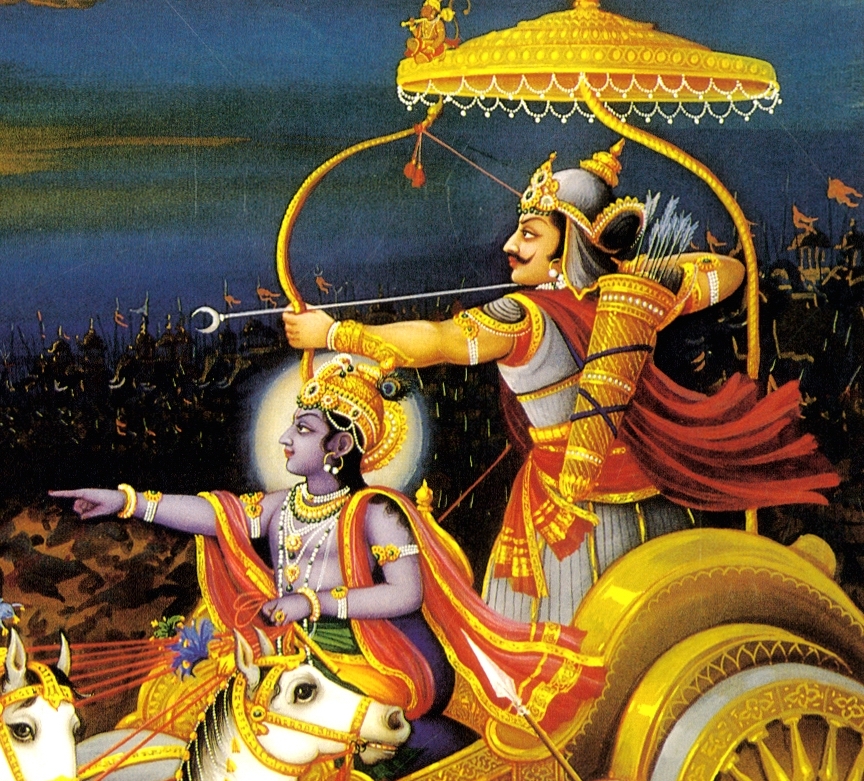
Today, being Janmastami, we thought we should include a lecture given by Srila Prabhupada on Janmastami. The following lecture given on August 16, 1968, in Montreal Canada, is very sweet and reminiscent of how this society grew in a very personal and organic way. With Srila Prabhupada inviting his students and guests to speak on their realizations of Krsna, and Krsna Consciousness.
…So today is that auspicious day, Janmāṣṭamī, when Lord Kṛṣṇa appeared five thousand years ago in India, Mathurā. Those who are Indian ladies and gentlemen present, they know very well where is Mathurā. It is about ninety miles south of New Delhi. Mathurā is still existing and it is eternally existing. Kṛṣṇa appeared in Mathurā in His maternal uncle’s house in a very precarious condition. That birthplace, Lord Kṛṣṇa’s birthplace, is now maintained very nicely. One who goes to India, they see.
So anyway, Lord Kṛṣṇa appeared on this planet five thousand years ago. Now Kṛṣṇa says, janma karma me divyam [Bg. 4.9]. Divyam means “not ordinary.” It should not be understood just like we take our birth. Kṛṣṇa does not take his birth like us.
…So we shall invite today to speak about Kṛṣṇa from our students, as well as all the members who are present here. So I shall request Janārdana to speak something about his realization of Kṛṣṇa. (pause) All right. Let him speak.
Full Lecture
Continue reading







